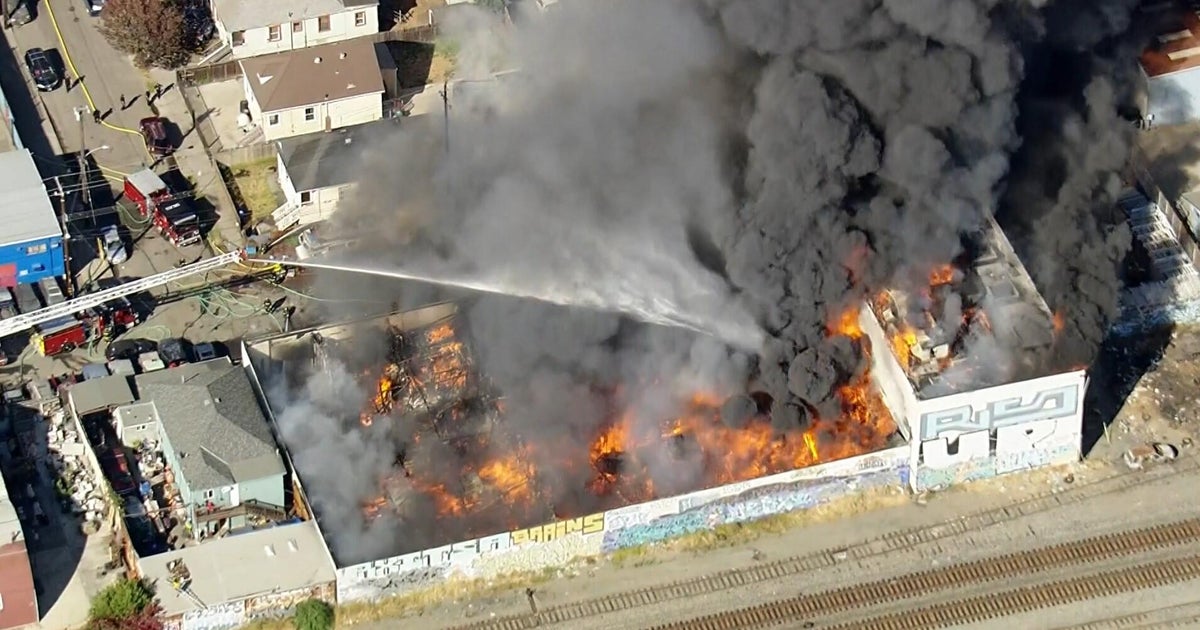BART Says Early Warning System Proved Successful After Napa Quake
OAKLAND (KCBS) — BART officials on Monday said that an early warning system currently in development stages worked perfectly just before Sunday morning's 6.0 magnitude earthquake struck giving the agency 10-second notice before the shaking started.
http://www.podtrac.com/pts/redirect.mp3/nyc.podcast.play.it/media/d0/d0/d1/d6/d1/d3/dG/1613G_3.MP3
BART Director James Fang said the agency has been working on its ten-year seismic safety plan since 2004.
"We went to the voters of the Bay Area and we said, 'You know what? We need to upgrade our system. Give us a billion dollars. We'll take care of it and we'll make it the most seismically safe system in the country.'"
Part of that work includes an early warning system, which BART is developing in conjunction with ShakeAlert, the statewide early warning system which currently is in the testing phase.
"It provides us that extra lead time to allow us to be able to slow those trains down, prevent the injuries, prevent the derailments, keep our system whole and stay operational," Board Directors John McPartland said.
Using 300 sensors scattered across the state, ShakeAlert works by detecting P-wave energy, the first energy to radiate from an earthquake, which rarely causes damage.
Richard Allen with the UC Berkeley Seismological Laboratory said the events on Sunday morning have proven the technical capabilities of the early warning system.
"The fact that BART has implemented this system and it's working successfully clearly demonstrates that the technology works.
However, according to Allen, ShakeAlert doesn't have enough backing to scale up.
He said that to do so it would require $80 million over five years to test and deploy the system and another $12 million a year for operational costs.
EXTENDED COVERAGE
- CBS SF Earthquake Coverage
- VIDEO: KPIX 5 Quake Coverage
- Magnitude 7.0 Earthquake Strikes Peru
- High Probability Of Strong Aftershocks
- Major Damage To Napa Wineries
- Napa Buildings Damaged In Quake
- Vallejo Buildings Damaged In Quake
- What To Do During An Aftershock
- Earthquake Insurance (California Earthquake Authority)
- USGS Quake Data Page
- Follow @CBSSF
- Follow @KCBSNews



